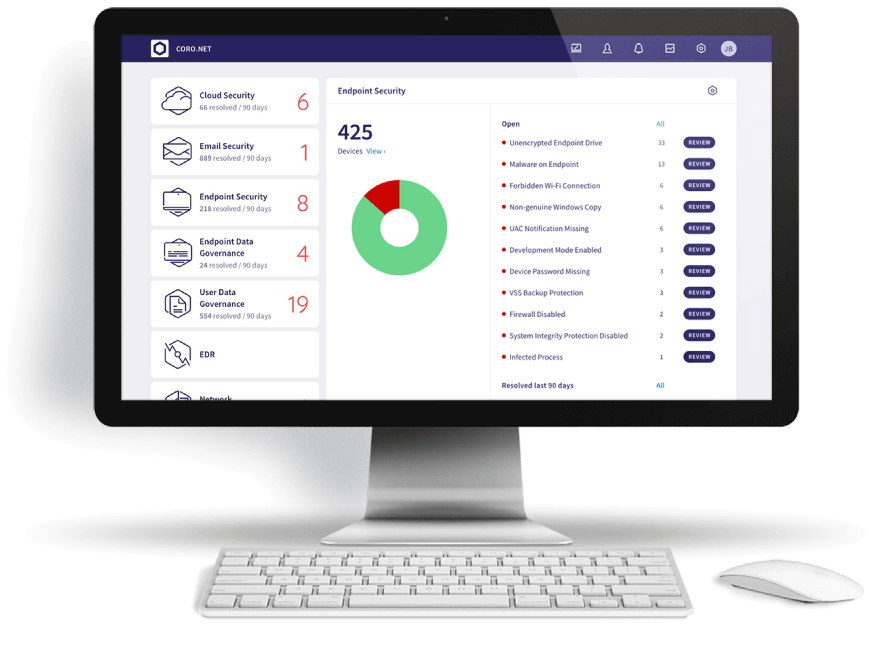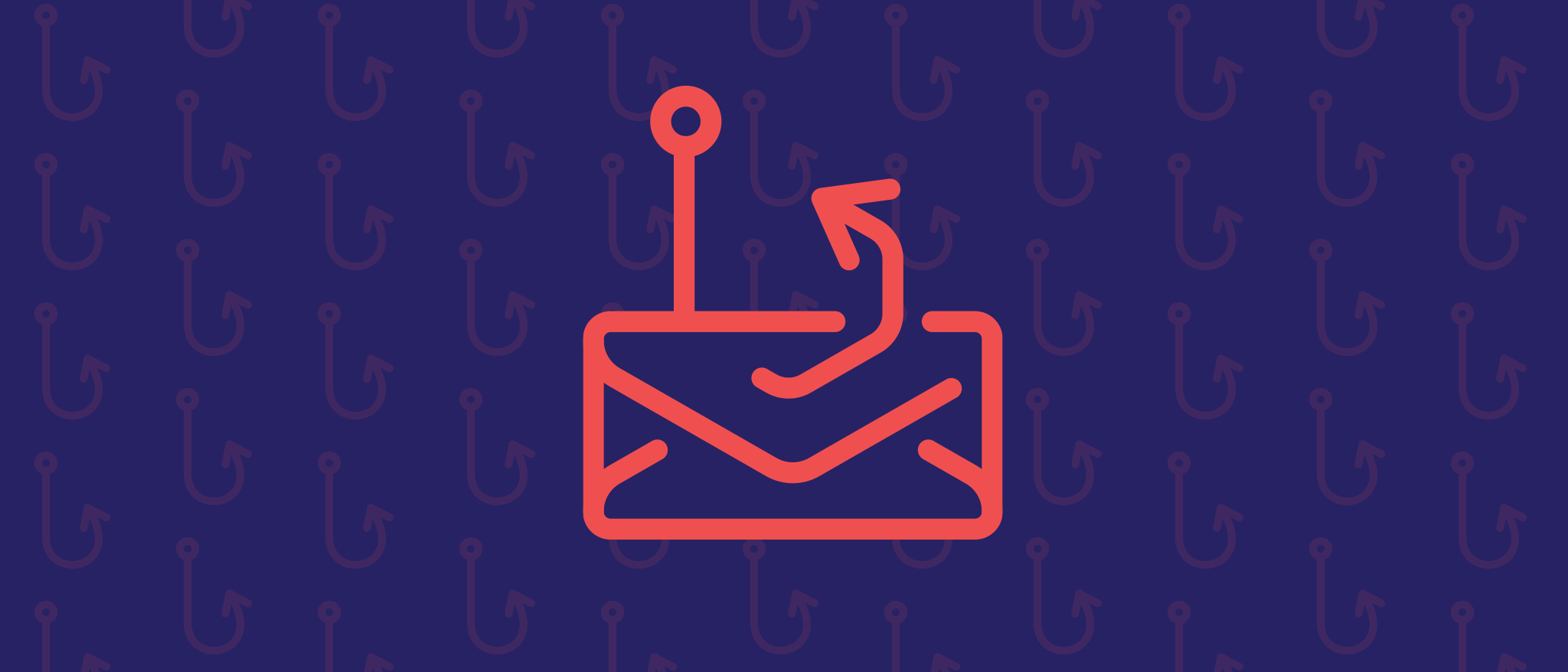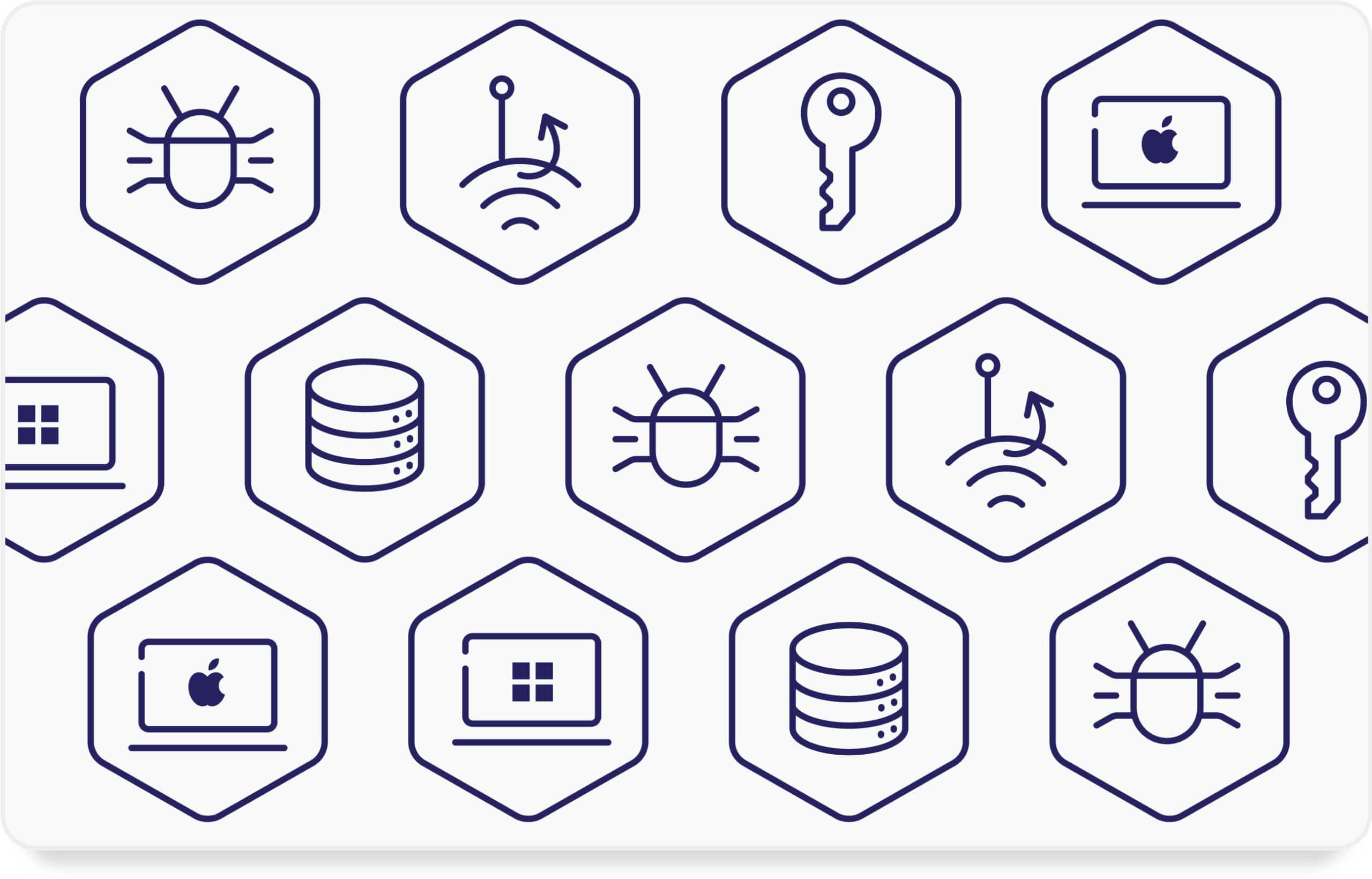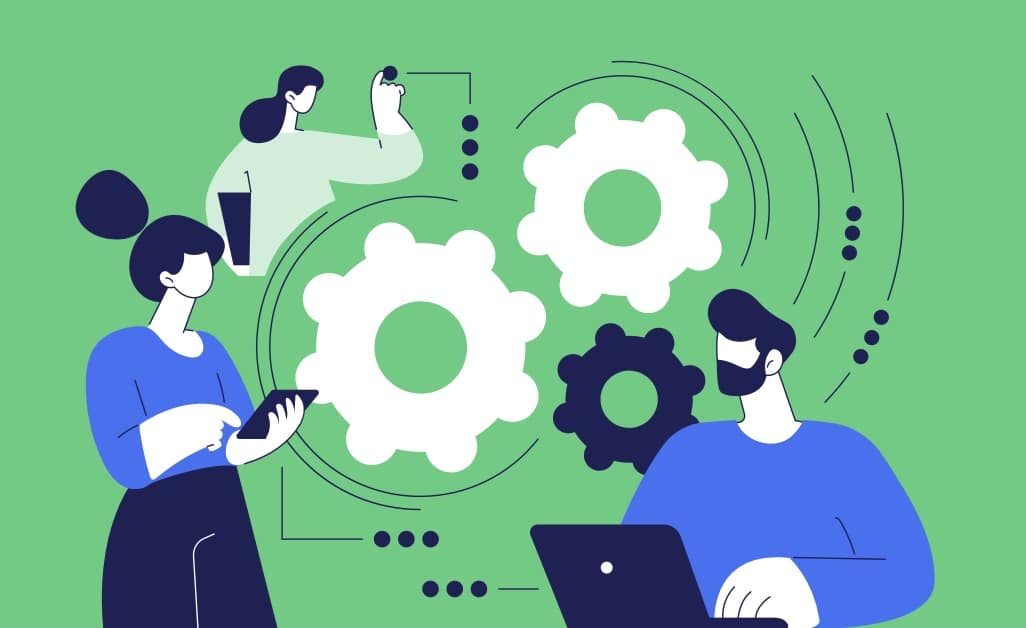The General Data Protection Regulation (GDPR) is a legal framework that regulates how personal data is collected, used, and protected for individuals within the European Union (EU) and those whose data is processed by organizations operating in the EU. It was enacted in 2016 and became enforceable in May 2018.
The GDPR empowers individuals with a significant degree of control over their personal data and imposes strict obligations on organizations that handle this data.
Forms/Types of GDPR
The GDPR itself is a single regulation, but it outlines various aspects of data processing that organizations need to address. These can be broadly categorized as:
- Lawful basis for processing: GDPR defines six lawful grounds for processing data, such as consent, contractual necessity, or legitimate interest.
- Data subject rights: The regulation details the specific rights afforded to EU residents regarding their personal data.
- Transparency obligations: Organizations must be transparent about how they collect, use, and store personal data.
- Accountability measures: Businesses are accountable for demonstrating GDPR compliance and addressing any violations.
Think of the way you use your personal computer. You control who gets to use your computer. A company can look at your computer for a specific reason only – e.g. providing tech support. They can’t open your personal folders and use the data without permission and you have the right to know what they are doing on your computer. You can also log them out if you want to. That is what GDPR does in terms of personal data.
Why Should Businesses Care About the GDPR?
Even businesses outside the EU should care about GDPR for several reasons:
- Global Reach: The regulation applies to any organization processing the data of EU residents, regardless of the organization’s location.
- Potential Fines: Non-compliance with GDPR can result in significant fines, up to €20 million or 4% of a company’s global annual turnover, whichever is higher.
- Reputational Damage: GDPR violations can damage an organization’s reputation and erode consumer trust.
- Competitive Advantage: Demonstrating GDPR compliance can be a competitive advantage, showing a commitment to data privacy.
GDPR In the Context of Cybersecurity Frameworks
Similar to HIPAA and cybersecurity frameworks, GDPR and these frameworks share a common goal: protecting personal data. However, they approach it differently. GDPR focuses on the legal and procedural aspects of data privacy, empowering individuals and dictating obligations for organizations. Cybersecurity frameworks provide a structured approach to managing cybersecurity risks across an organization’s entire IT infrastructure.
Cybersecurity frameworks can help achieve GDPR compliance by providing a roadmap for implementing data security safeguards, while GDPR goes beyond cybersecurity by addressing data governance and individual rights.
Related Systems or Technologies
The GDPR doesn’t dictate specific technologies, but achieving compliance often involves a combination of various systems and tools:
Access Control Systems: Access control systems manage user permissions to access personal data and define different access levels based on user roles and the “need to know” principle (users only access data essential for their job).
Data Encryption Software: This software protects personal data at rest (stored on servers) and in transit (being transmitted) by scrambling it with a decryption key. It mitigates the risk of unauthorized access to data even in case of a breach.
Data Anonymization Tools: Techniques like tokenization (replacing personal identifiers with random values) or pseudonymization (using substitute identifiers) can be used to reduce the risk of re-identification of individuals from the data. It’s useful for situations where data analysis is necessary but individual identities don’t need to be known.
Related Regulations or Compliance Goals
The GDPR has had a significant ripple effect, inspiring stricter data privacy regulations worldwide. Here’s a closer look at some related laws:
- California Consumer Privacy Act (CCPA): Grants California residents similar rights as GDPR, such as the right to access, delete, and opt-out of the sale of their personal data.
- General Data Protection Law (GDPL) in Brazil: Shares core principles with GDPR, requiring transparency, consent, and data security measures.
- Japan’s Act on the Protection of Personal Information (APPI): Regulates the collection and use of personal data, with a focus on data minimization and onward transfers.
These are just a few examples, and there are ongoing developments in data privacy regulations around the world. Businesses operating globally need to be aware of these evolving legal landscapes to ensure compliance in different jurisdictions.










